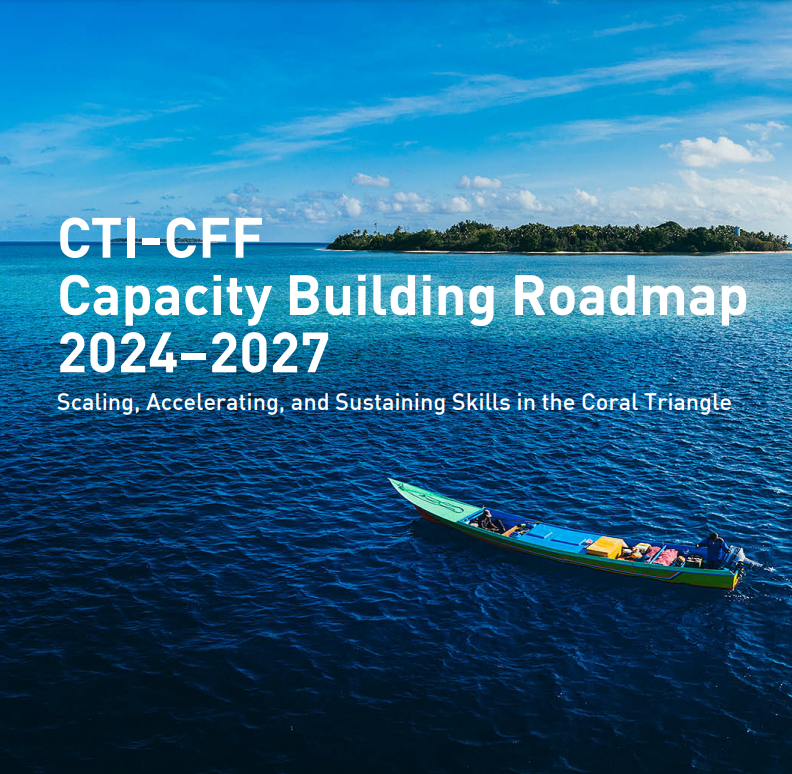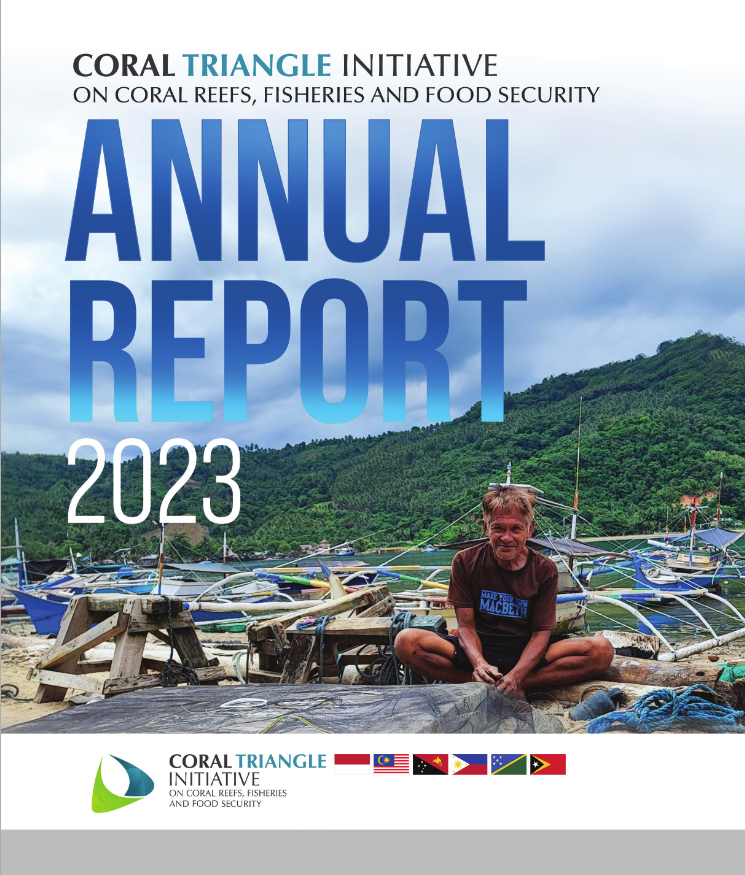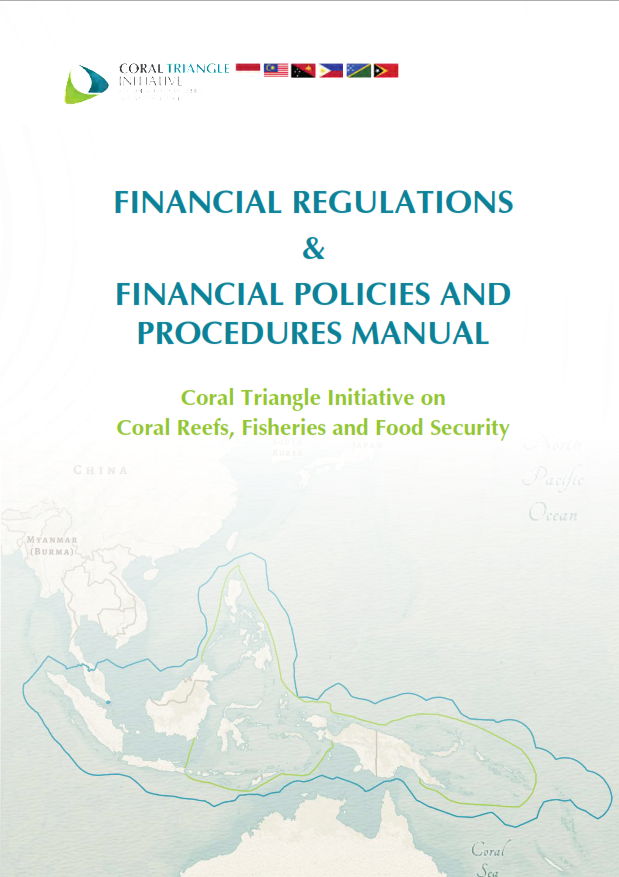Regional Conservation Plan for marine mammals, sea turtles, shark and rays eye in 3rd Threatened Species Working Group Meeting
Regional Conservation Plan for
marine mammals, sea turtles, shark and rays eye in
3rd Threatened Species Working Group Meeting
Gorontalo, Indonesia, 20 September 2019. A recent peer-review study estimated that about 100 million sharks are fished every year to satisfy a market for their fins, meat, and liver oil. More than half of shark species and their relatives are categorized as threatened or near threatened with extinction.
Furthermore, sea turtles are always been a popular food item, the hunt for turtles and their eggs is threatening their lives. The loss of sandy beaches, marine population and careless fishing methods also have added to the decline of their population.
With this daunting scenario, the Threated Species Working Group (TSWG) of the Coral Triangle Initiative on Coral Reefs, Fisheries, and Food Security (CTI-CFF) is fixed on the development of a regional conservation plan for marine mammals, sea turtles, shark and rays during its 3rd Annual meeting in Gorontalo, Indonesia. Development partners such as the Wildlife Conservation Society (WCS), Conservation International (CI), The Nature Conservancy (TNC), World Wildlife Fund (WWF) has joined the TSWG in this effort.
CTI-CFF Regional Secretariat Interim Executive Director Dr. Hendra Yusran Siry noted that the planned regional conservation plan hopes to respond and align to Convention of Biological Diversity - Convention of Parties Convention of Parties as well as to Aichi Biodiversity Target where by 2020, the extinction of known threatened species has been prevented and their conservation status, particularly of those most in decline, has been improved and sustained. The IUCN’s Red List of Threatened Species currently lists more than 19,000 species as being threatened globally.
Dr. Siry further said that the renewal of the CTI-CFF Regional Plan of Action sets regional actions towards addressing threats to threatened species such as sea turtles, marine mammals, sharks and rays in selected seascapes.
On the other hand, Dir, Andi Rusandi, Director of Conservation and Marine Biodeviersity of Indonesia’s Ministry of Marine Affairs and Fisheries (MMAF) who represented the Director General of MMAF said that Gorontalo, the site of the meeting, is among the unique places in the Coral Triangle region that have rich biodiversity and is home to diverse marine creatures - marine mammals, sharks and rays. He also noted that out of 195 MPAs in Indonesia, 12 MPAs are located in Gorontalo, one of which is the Botubarani which is popular for whale sharks ecotourism.
“The local government of Gorontalo and Bone Bolango Regency have been working together to manage whale sharks (Rhincodon typus) in Botubarani village. The ministry of marine affairs and fisheries acknowledge these efforts and we do expect that this sound collaboration can be well maintained in the future. We also kindly ask the local government to sustain the implementation of standard operating procedures (SOP) in whale sharks tourism,” Dir. Rusandi said.
He added that carrying capacity, monitoring and research are the top priorities. Further, he noted the importance of participation from multistakeholders/other government sectors in conservation management to better manage this ecotourism.
The 3rd TSWG Annual Meeting was organized by the CTI-CFF Regional Secretariat hosted by the Government of Indonesia and with support from the Provincial Government of Gorontalo, Bone Bolango District, WCS, CI, TNC and WWF



